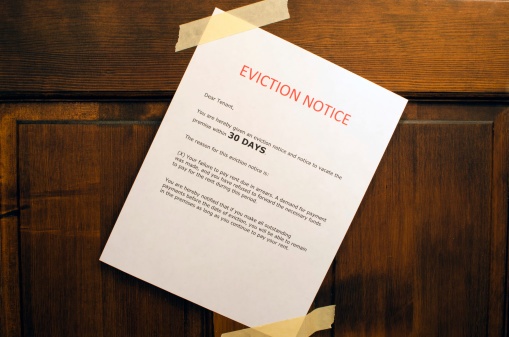Losing your home to a foreclosure can be a very difficult and upsetting process. This process can seem overwhelming and daunting, and it often leaves homeowners worried about their rights and...
Update as of 6/14/21
Jamal Romero, Esq: Has the pandemic left you without a job and you can’t afford to move. Have you ever wondered if you can stop an eviction proceeding? The following information...
When you are behind on your mortgage payments, it is only a matter of time before you ask how long you have before the foreclosure process begins. In New Jersey, when you take out a mortgage loan,...
Property is the ultimate form of collateral. In New Jersey, when you take out your mortgages and pay your taxes, you offer up your property and home as collateral in case you fail to meet said...
Foreclosure is the judicial process by which a lender takes title and possession to property after a homeowner stops making mortgage payments. Generally, a “mortgage” is comprised of a promissory...
Many people file for bankruptcy to protect their real property from being foreclosed on. There is a specific section within the Bankruptcy Code that mandates that creditor collection actions against...
The foreclosure process can be complicated and seeking legal representation is always recommended. Sometimes borrowers ignore the foreclosure timeline until their property is sold at a sheriff sale....
Many people who own real property through a single member limited liability company or sole shareholder corporation tend to think of the real property being owned by them individually. However, the...
If you own a home and you are in financial turmoil, you may be wondering what will happen to your home if you file for bankruptcy. For many, the primary concern that they have when entering the...










